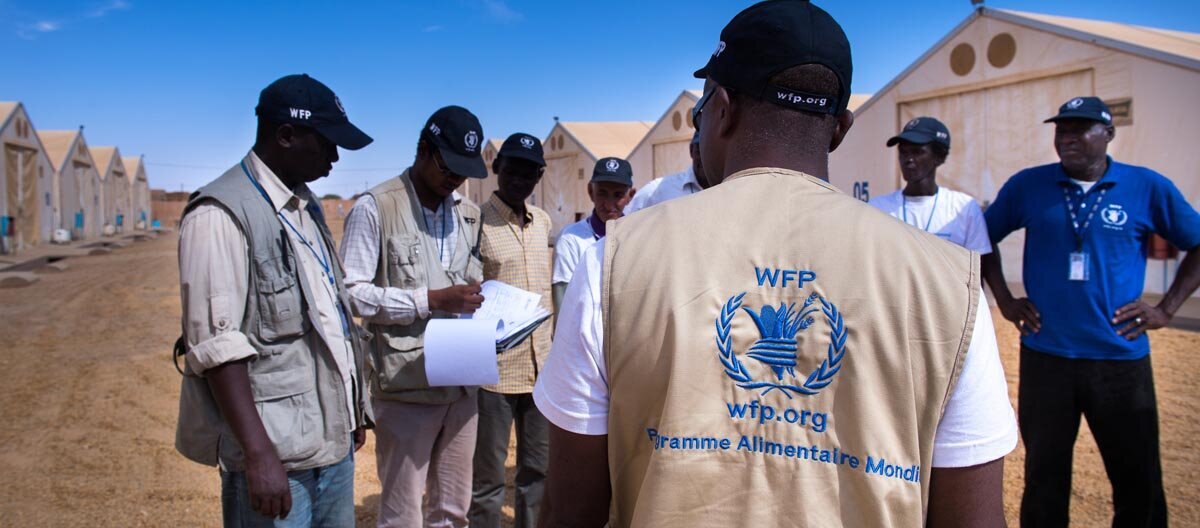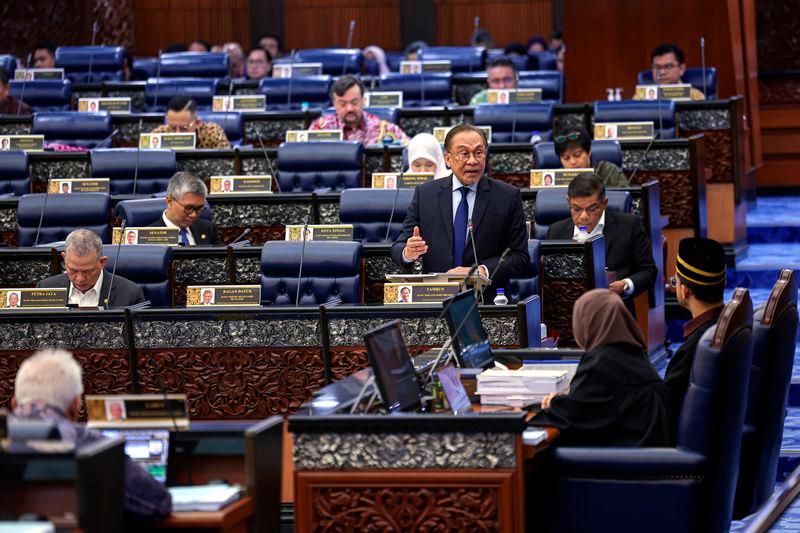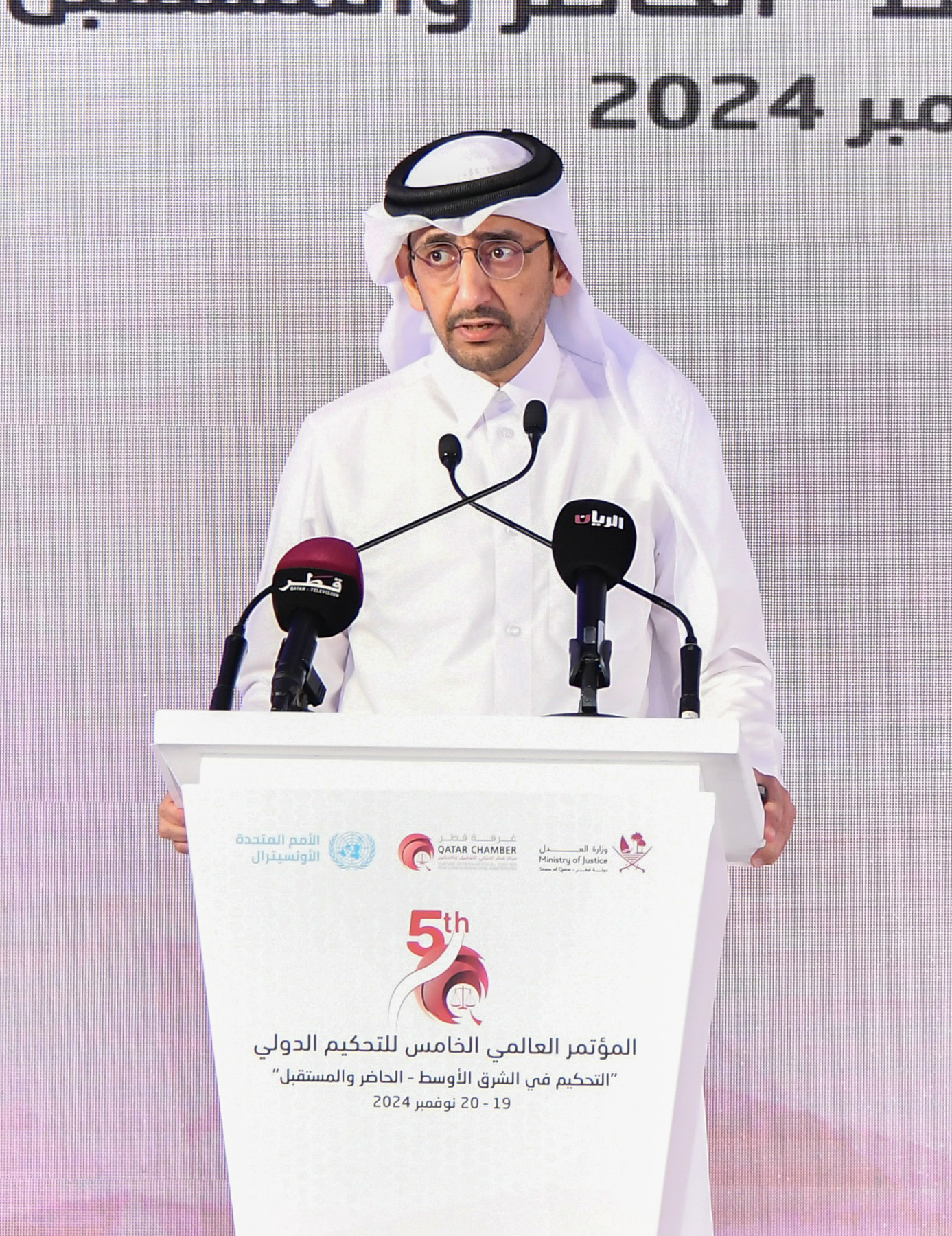The Gulf state’s various initiatives to help those in need of humanitarian support extend to communities across the world.
Qatar is set to boost its efforts in supporting the World Food Program (WFP) through a $10 million contribution, the Qatar Fund For Development (QFFD) announced on Wednesday.
The donation comes under an agreement signed between the QFFD and the WFP aimed at supporting humanitarian operations in countries grappling with food insecurity.
It also comes as part of Qatar’s $500 million pledge to support UN organisations, announced during 2018’s Doha Forum.
“The signing of the agreement between WFP and QFFD comes as a continuation of fulfilling the commitments of the state of Qatar to finance basic resources to support the United Nations organisations,” tweeted Qatar’s Foreign Minister Sheikh Mohammed bin Abdulrahman Al-Thani on Wednesday.
The agreement adds to long-time partnerships between the Qatari and the UN entity to help tackle humanitarian crises and food insecurities. Such issues are a key outcome of conflict, economic decline, and the continuing presence of Covid-19.
Described as a flexible fund, the initiative provides WFP the ability to fund least addressed crises with flexibility.
“Flexible funding allows WFP to respond quickly and effectively to humanitarian emergencies, as soon as they occur, to get life-saving help where it is needed most,” said David Beasley, the WFP’s Executive Director
QFFD’s Director General Khalifa Al Kuwari said that the world is currently facing “the imminent threat of famine” with more than 800 million people grappling with chronic hunger. He said that the partnership “will play a major role” in responding to hunger.
“It is critical to support efforts to increase food security in communities to provide a decent and stable life for those most in need around the world. And this is where the contribution of the World Food Program comes in,” said Al Kuwari.
Qatar’s humanitarian response
The Gulf state’s various initiatives to help those in need of humanitarian support extend to communities across the world.
In April, Qatar announced plans to invest $1.5 million as part of an emergency response and “resilience-building” in Somalia.
According to the World Food Programme (WFP), Somalia is on the verge of a famine, 500,000 Kenyans are suffering from emergency hunger, and a total of 7.2 million Ethiopians living in drought-stricken areas are struggling to secure their basic food needs.
The WFP has also warned that a lack of rain or enough humanitarian aid could exacerbate the situation in Somalia. According to the report, six million Somalis, or 40% of the population, are currently suffering from severe food insecurity.
In another joint initiative by Qatar and the WFP, the two entities teamed up in a security and nutrition response plan in Yemen worth $90 million. Signed in November last year, the 12-month agreement aimed at benefiting 7,621,932 people as the country struggles with the world’s worst humanitarian crisis.
Also last year, Qatar’s contributions in support of Afghanistan were expected to reach $50 million as it delivered hundreds of tonnes of aid to the crisis-hit country.
Afghanistan’s humanitarian situation worsened last year following the Taliban takeover of Kabul on 15 August. Qatar was at the forefront of evacuations and managed to provide what Grandi had described as a “dignified” transit to more than 70,000 Afghans and foreigners.







